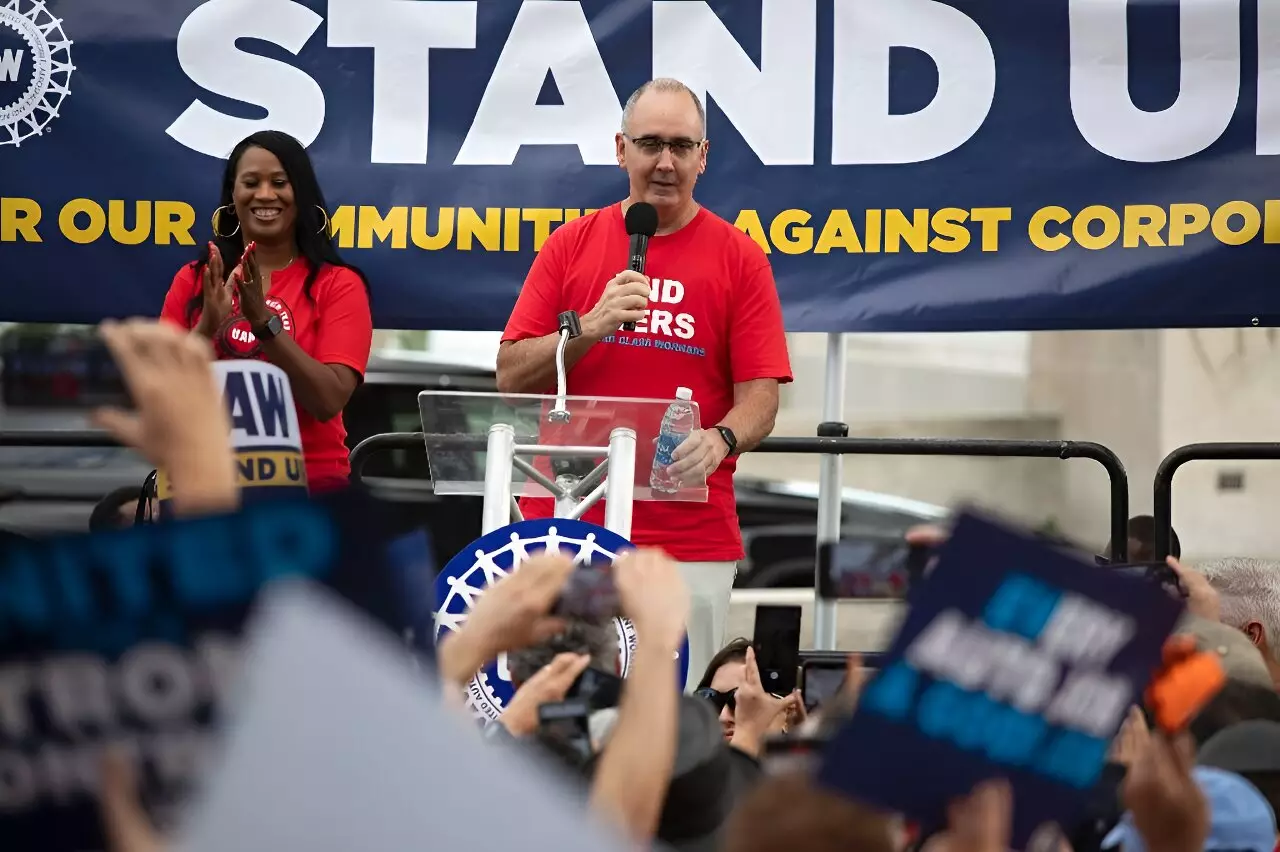The recent rejection of the union drive at Mercedes-Benz’s Alabama facilities represents a significant setback for the United Auto Workers (UAW) and their ambitious campaign to organize the American South. The preliminary results released by US authorities showed a margin of 56 to 44 percent, with 2,642 workers voting against unionization and 2,045 in favor.
Led by President Shawn Fain, the UAW had high hopes for a second victory following a successful union drive at Volkswagen in Tennessee. However, the UAW faced opposition not only from Mercedes itself but also from state and local officials who warned of job losses and depicted the campaign as a threat to the local economy. This opposition was evident in Governor Kay Ivey’s statement, where she emphasized that Alabama is not Michigan and expressed strong resistance to unionization efforts.
Following the union drive at Mercedes-Benz US International (MBUSI), UAW backers accused the company of engaging in “egregious and illegal behavior” during the campaign. Workers who supported unionization filed unfair labor complaints with the National Labor Relations Board and German officials, alleging that the company had violated supply chain practices laws. This contrasted with the union drive at Volkswagen, where workers reported a more favorable environment for unionization.
Despite the setback at Mercedes-Benz, UAW President Shawn Fain expressed determination to continue the fight for workers’ rights in the South. He highlighted the importance of ongoing campaigns and emphasized that justice is not just about one vote or one campaign. The UAW had hoped to leverage their success in organizing Detroit automakers last fall to drive additional campaigns in the South, targeting plants operated by Honda, Toyota, BMW, and others.
Organized labor has historically faced challenges in the American South, with heavy opposition from southern politicians and concerns about undermining the region’s economic success. The UAW’s progress in organizing southern states has met resistance from state and local officials, highlighting the entrenched anti-union sentiment in the region.
The rejection of the union drive at Mercedes-Benz’s Alabama facilities represents a setback for the UAW’s efforts to organize the American South. Despite facing significant challenges and opposition, the UAW remains committed to fighting for workers’ rights and exploring future organizing opportunities in the region. The outcome of this campaign underscores the complexities of labor relations in the American South and the ongoing struggle for union representation in the region.


Leave a Reply
You must be logged in to post a comment.